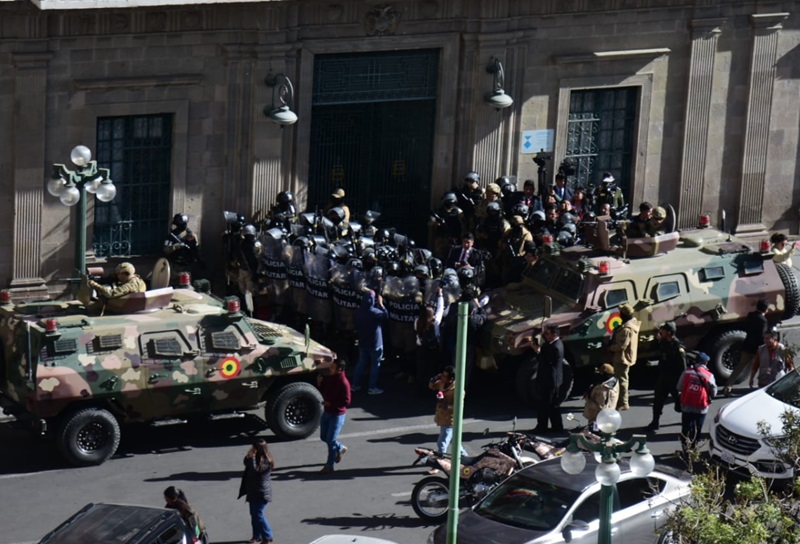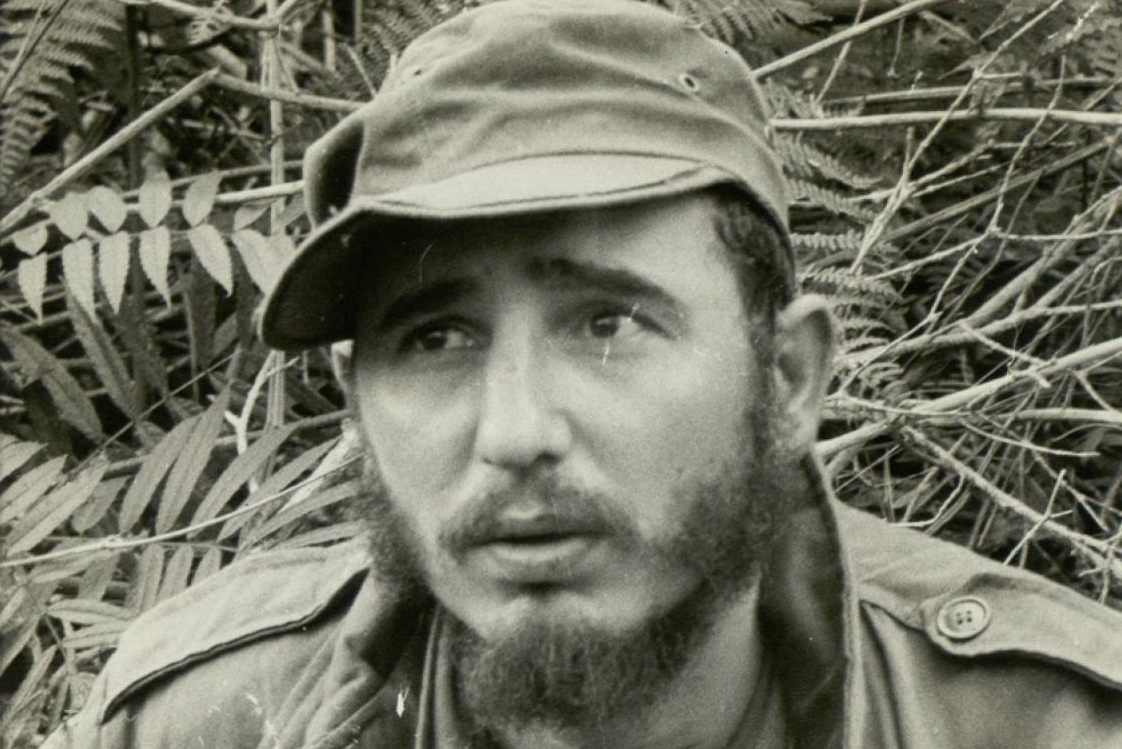Sean Purdy, a member of the Party of Socialism and Freedom (PSOL) and activist in the Free Fare movement in São Paulo, reports from Brazil on a police assault.
Despite massive police repression and the intransigence of the city and state governments, there are have been four large demonstrations in the last two weeks by the Free Fare movement in São Paulo, South America’s largest city.
Polls show that a majority of residents support the demonstrations. Protests have spread to several other Brazilian cities that also face increases in public transit fares, and there have been demonstrations of solidarity organized or planned in several dozen cities in Europe and North America. Messages of solidarity have also been sent from the protestors in Taksim Square in Turkey.
Hundreds of videos and testimonies, from both demonstrators and the mainstream media, show that during the June 13 protest, police fired tear gas and rubber bullets indiscriminately at peaceful demonstrators, journalists and passersby. Dozens of demonstrators were injured, along with at least eight journalists, one of whom was blinded in one eye after being struck by a rubber bullet. Video footage posted on YouTube shows the scope of the violence.
The Free Fare movement, which is made up of high school and university students, trade unionists, and activists from a broad section of social movements–organized its first protest soon after bus and subway fares were increased by 6 percent on June 2.
The municipal government headed by Fernando Haddad of the Workers Party (PT) claims that the increases are below the rate of inflation, but many analysts have shown that over the last 20 years, the cost of public transit has increased well above inflation, making São Paulo the most expensive city for public transportation in Latin America.
– – – – – – – – – – – – – – – –
THE PROTESTS come at a time of growing dissatisfaction with the neoliberal politics of the two misnamed main parties in Brazil, the Brazilian Social Democratic Party and the PT. Activists have shown that the politics of these two supposed rivals are exactly the same: making Brazil safe for business while neglecting the massive social disparities and inequality in the country.
Politicians from both parties have condemned the Free Fare movement protests, as has the PT-led federal government. But many grassroots activists from the PT have participated in the demonstrations, along with militants from the Party of Socialism and Freedom.
At the same time as the protests against fare increases erupted, activists across the country have been demonstrating against preparations for next year’s World Cup in Brazil. Billions have been spent upgrading stadiums and thousands of people have been displaced from their homes in an effort that has boosted the profits of large companies and produced few benefits for the population.
News of the police assault on peaceful protesters spread around the world, prompting solidarity actions, including a reported 800-strong rally in New York City. In San Diego, dozens of Brazilians and their supporters gathered for a march and rally on June 16. “We are here to show we know what is going on, and that we support the people protesting,” said rally organizer Roberta Goulart.
Goulart and others also recognized how the protests against transit fare increases are connected to discontent about other issues, such as the Olympics construction and the government’s record of corruption. “We pay a lot of taxes, and it goes into the pockets of politicians, not for education and health care,” said Felipe Barbiere.
In Brazil, organizers are expecting tens of thousands, including large contingents of trade unionists and activists from the social movements, to participate in the next demonstration of the Free Fare movement in São Paulo. As the slogan of the movement put it: “If the fares increase, São Paulo will stop.”









